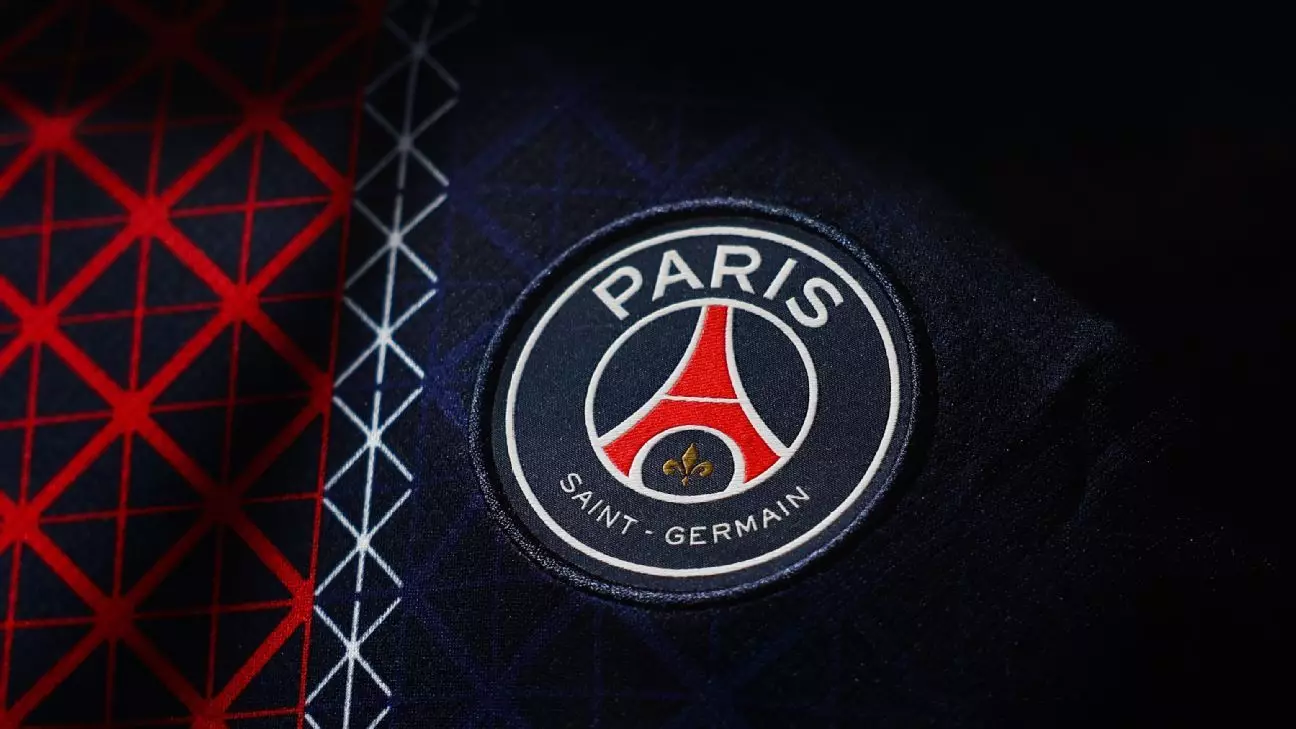The recent triumph of Paris Saint-Germain (PSG) in the Champions League should be a celebration of excellence and strategic mastery. Yet, behind the euphoric 5-0 victory over Inter Milan lies a troubling backdrop—a series of fan misconduct and disciplinary sanctions that cast a shadow over the sport’s integrity. While triumph is celebrated widely, the behaviors of some supporters reveal a deeper issue: a culture that sometimes tolerates or even inadvertently encourages disrespectful fandom. UEFA’s response, heavily fining PSG, exemplifies the ongoing tension between maintaining order and addressing the underlying fan culture that fuels such incidents.
The Severity of UEFA’s Discipline—A Double-Edged Sword
UEFA’s disciplinary panel has imposed a hefty fine nearing €150,000 on PSG for misconduct, including fan invasions, vandalism, and provocative messaging. While financial penalties serve as deterrents, they often seem insufficient considering the scale of the infractions. The core charges—ranging from field invasions to damaging turf—highlight a disturbing trend of supporters crossing boundaries. The “UEFA Mafia” banner, although symbolizing dissent, risks undermining the sport’s decorum, especially when linked to accusations of corruption and misconduct at the organization’s highest levels. It raises questions: Is UEFA’s harsh approach enough, or does it merely scratch the surface of fans’ problematic behaviors?
The Complex Relationship Between Clubs, Fans, and Governance
An intriguing layer to this narrative is PSG’s leadership—particularly president Nasser al-Khelaifi, who is a UEFA executive committee member. Despite such involvement, the club’s supporters engaged in behavior that UEFA deemed damaging to its reputation. This paradox reveals the challenge of regulating fan conduct while safeguarding club interests. The case also underscores the unresolved tension where club officials, often part of UEFA’s decision-making elite, face the consequences of fan actions that seem disconnected from the leadership’s authority or influence. It reflects a broader crisis of accountability: can clubs truly control their fan base when powerful figures are deeply embedded in the governance structure?
The Cultural Roots of Fan Disrespect and UEFA’s Response
Fan misconduct, including the provocative “UEFA Mafia” message, isn’t a new phenomenon. UEFA’s historical crackdown on such rhetoric suggests its concern over fan expressions that threaten organizational reputation. However, the backlash from cases like Norwegian club Brann’s satirical song indicates that the line between protest and misconduct remains blurry. UEFA’s fine, though substantial, cannot entirely eradicate the cultural attitudes that glorify rebellion against authority figures or institutions. Addressing this requires more than sanctions; it demands rethinking fan engagement and fostering a culture that respects the game and its regulations.
The Fine Line Between Passion and Disrespect
Football’s emotional fervor often teeters on the edge of propriety. The destruction of turf and fireworks, while showcasing passionate support, undermine the sport’s professionalism and safety. UEFA’s fines and bans aim to curb these extremes but sometimes feel like gestures of frustration rather than solutions. True progress will require cultivating a fan environment where enthusiasm does not breach boundaries—where rivalry coexists with respect. As the sport’s commercial value, exemplified by PSG’s €140 million prize earnings, continues to grow, so too must the standards of behavior that uphold its prestige.
UEFA’s actions reflect a broader societal challenge: how to balance fervent passion with civility in a high-stakes, emotionally charged environment. The question remains—can the sport evolve beyond its turbulent past and foster true sportsmanship both on and off the field?

